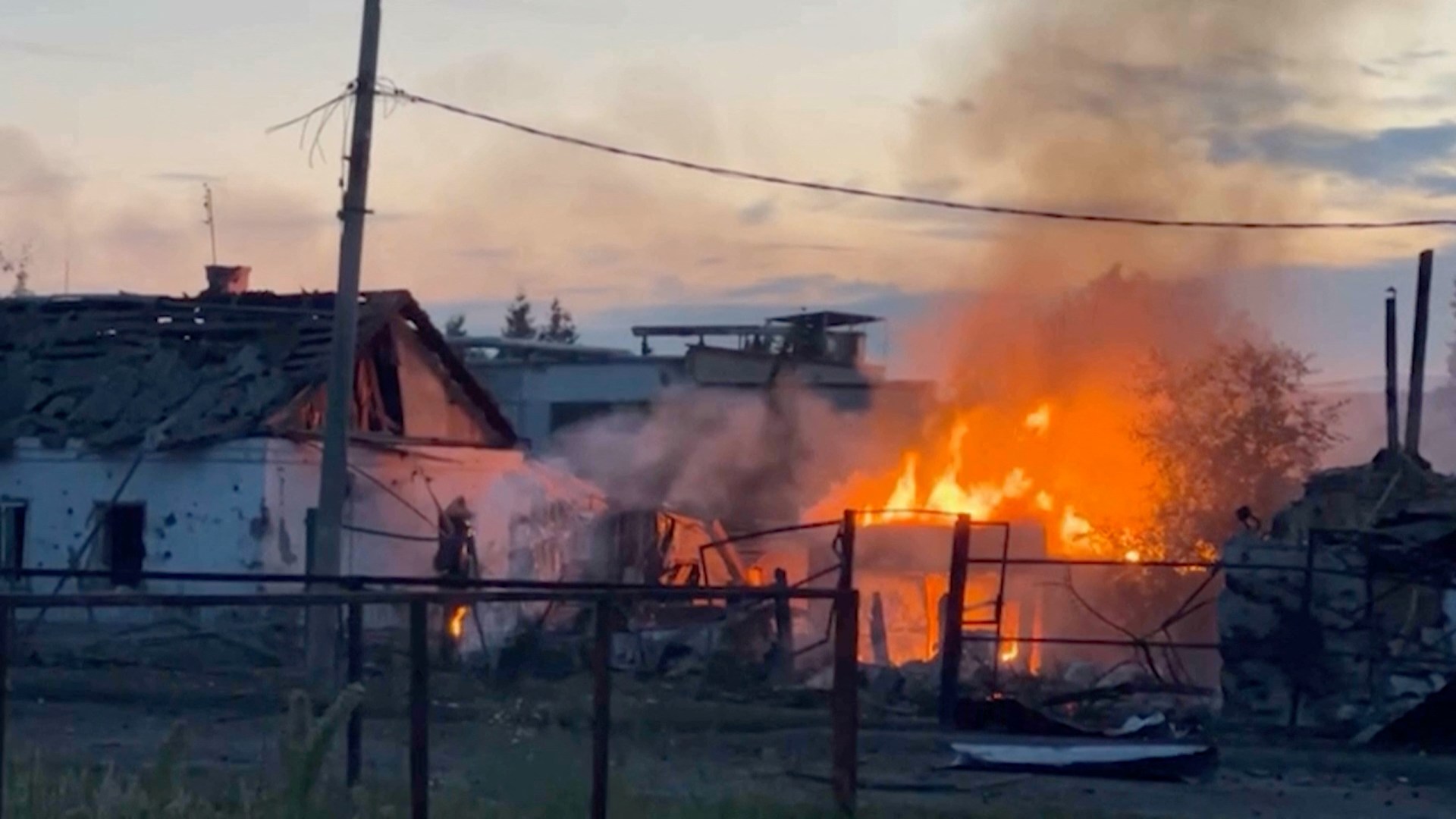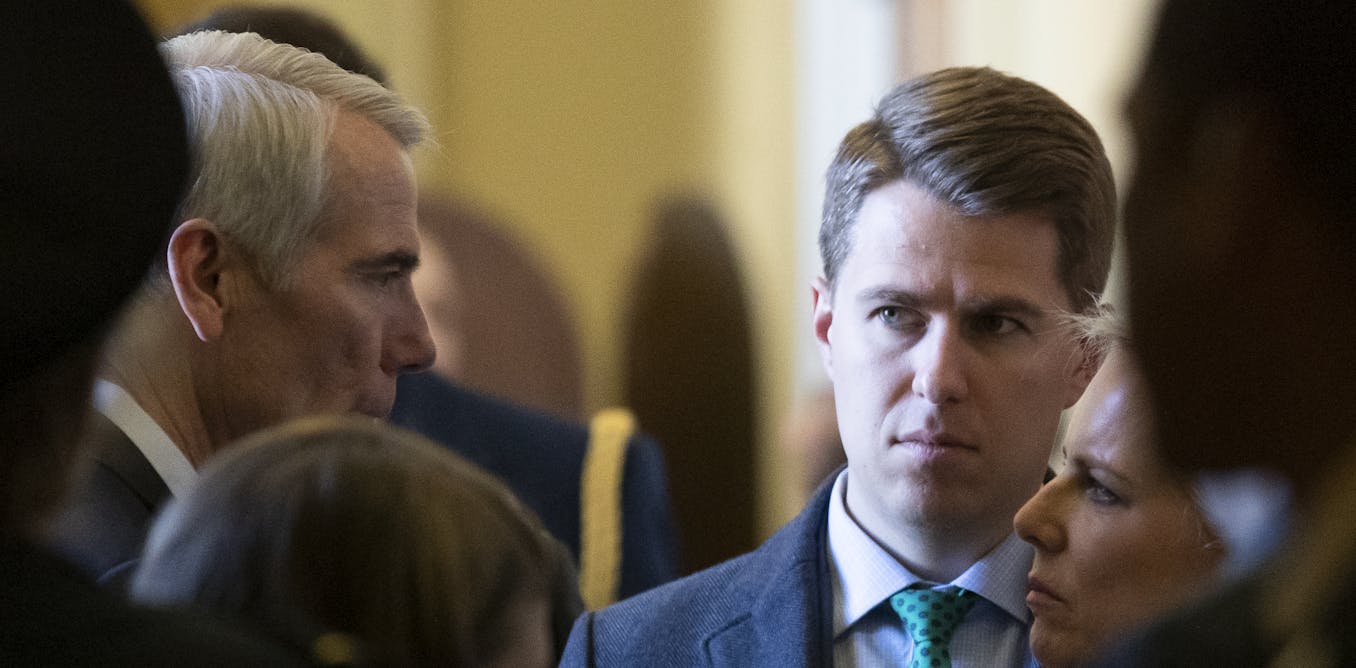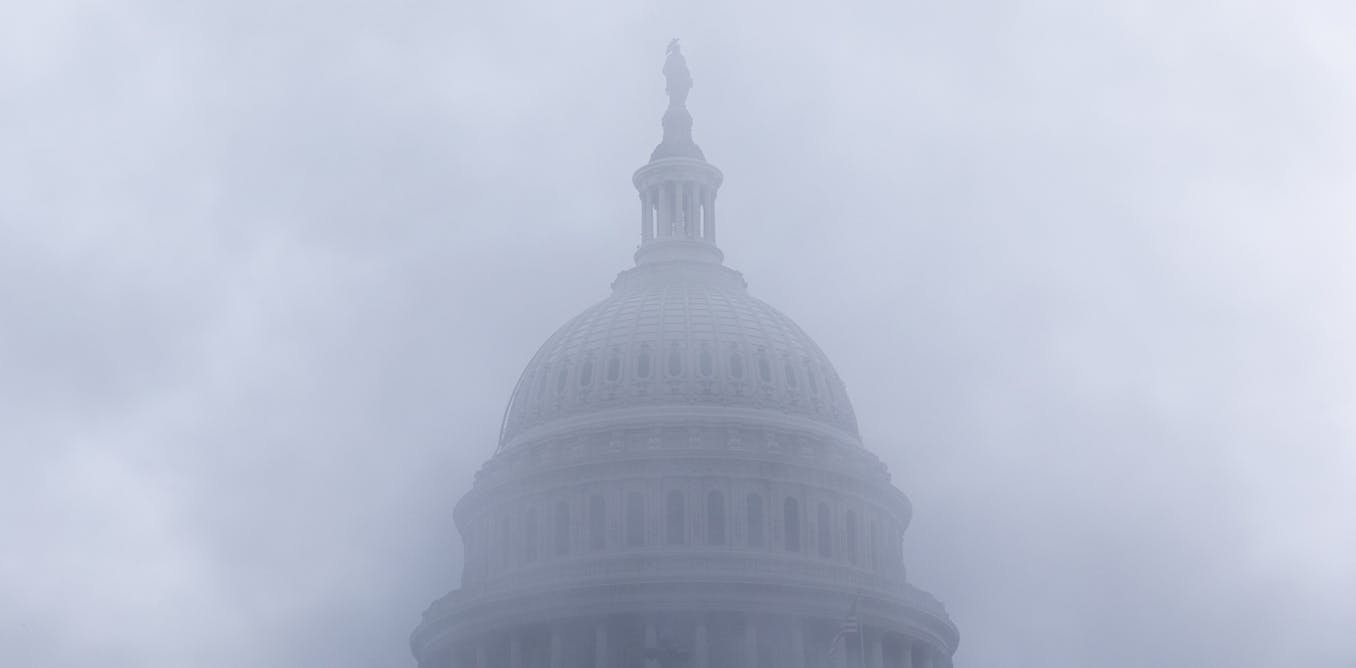THE Ukraine war has been full of surprises — maybe more are coming.
Ukraine’s dramatic cross-border thrust into Russia’s Kursk region has upturned most military analysts’ expectations of how the conflict is going.

7

7
Until the start of this week, it seemed Russian President Vladimir Putin’s military machine had finally got its act together.
Massed infantry attacks backed up by vast artillery power and air strikes were relentlessly grinding down the Ukrainian army.
Now the strategically daring surprise advance of the Ukrainian army into the Motherland itself in the past three days has put Putin on the back foot.
Last summer, Putin faced a sudden mutiny by the head of his brutal Wagner mercenaries, Yevgeny Prigozhin.
Like the rebels then, the Ukrainians have now taken Putin’s forces by surprise and advanced quickly, facing no real resistance.
Bad historical vibes
The Ukrainian army has pushed over the Russian frontier seizing a swathe of territory and faced no effective resistance for two days.
Putin was forced into the humiliating position of denouncing an “invasion” of his country as though his army had not been doing just that but on a grander, much more brutal scale in Ukraine since February 2022.
The Russian air force has started pounding the Ukrainian forces, dropping precision glide bombs and old-fashioned dumb bombs which take out Russian civilians as much as enemy soldiers.
Ordinary Russians have taken to the internet to complain bitterly about their government’s failure to block the Ukrainian attack, but also for not organising an evacuation for them from the war zone.
It is too soon to know how Russian public opinion will react to this loss of their territory and the suffering of their civilians, but the optics are bad for the Kremlin.
How could Putin leave a slice of his frontline with Ukraine so badly guarded?
It is another blunder like his assumption at the start of the war that the Ukrainians would roll over without a fight. This advance into the Kursk region has bad historical vibes for Putin’s regime too.
It was precisely there that in summer 1943, the Red Army decisively defeated Hitler’s last big offensive on the Eastern Front in the Second World War.

7

7

7
Kursk itself is one of the so-called Hero Cities whose monuments outside the Kremlin are the equivalent of the Cenotaph on Whitehall, London, for us. Putin lays a wreath there every year.
To have Kyiv cocking a military snook at him by storming into this “sacred” terrain is a humiliation.
But it is also a real strategic gain for Ukraine after a year of setbacks.
Its soldiers have captured a hub on the pipeline still bringing gas from Siberia to EU countries through Ukraine.
Yes, despite the war and much talk of sanctions, the Kremlin still has a nice little earner from selling energy to the West.
And cash-strapped Kyiv gets $1billion each month in transit fees for the pipeline across its territory to help pay for its resistance to Putin.
War is a cynical business, even when one side is the innocent victim of aggression. But controlling the gas pipeline inside Russia itself gives Ukraine the option to cut it there, not in its own territory — and put the blame on Putin for not making peace.

7

7
By pricking the bubble of Putin’s pride, the Ukrainians may have gained not only ground but improved their position for any peace talks.
Until now the Russians have made clear that for them peace means Kyiv giving in to the Kremlin’s demands.
Now Ukraine has a bargaining chip by holding a slice of Russian territory.
President Zelensky might not like dealing with Putin. But ending the war by a compromise deal could be easier for Ukraine’s soldiers and people to accept if Putin has to make concessions to get back parts of the Kursk region, even if he keeps bits of Ukraine.
Zelensky knows that Donald Trump, and even more his Vice-Presidential running-mate, JD Vance, want to stop the USA’s expensive military and economic aid to Ukraine.
If Trump is re-elected in November then Western assistance to Kyiv could dry up.
Human cost of war
Rumours of peace feelers between Kyiv and the Kremlin are already circulating.
Maybe getting Putin to trade land around Kursk for peace is the least bad option for Ukraine.
The terrible human cost of the war in Ukrainian lives has made more people there open to the idea of a ceasefire even if they refuse to surrender to Russia.
Mixing hitting Russia’s pride hard by taking territory and blocking its gas exports could give Kyiv cards to play in any peace talks.
Putin might have wanted to spin out the fighting until — he hoped — Trump was re-elected.
But Trump’s re-election hopes might be damaged if US voters see him as Russia’s “stooge”, so Putin could decide that a peace deal sooner rather than later suits him.
War has a deadly life of its own. It is too soon to count on a deal to end this one.
- Mark Almond is the director of the Crisis Research Institute, Oxford.




